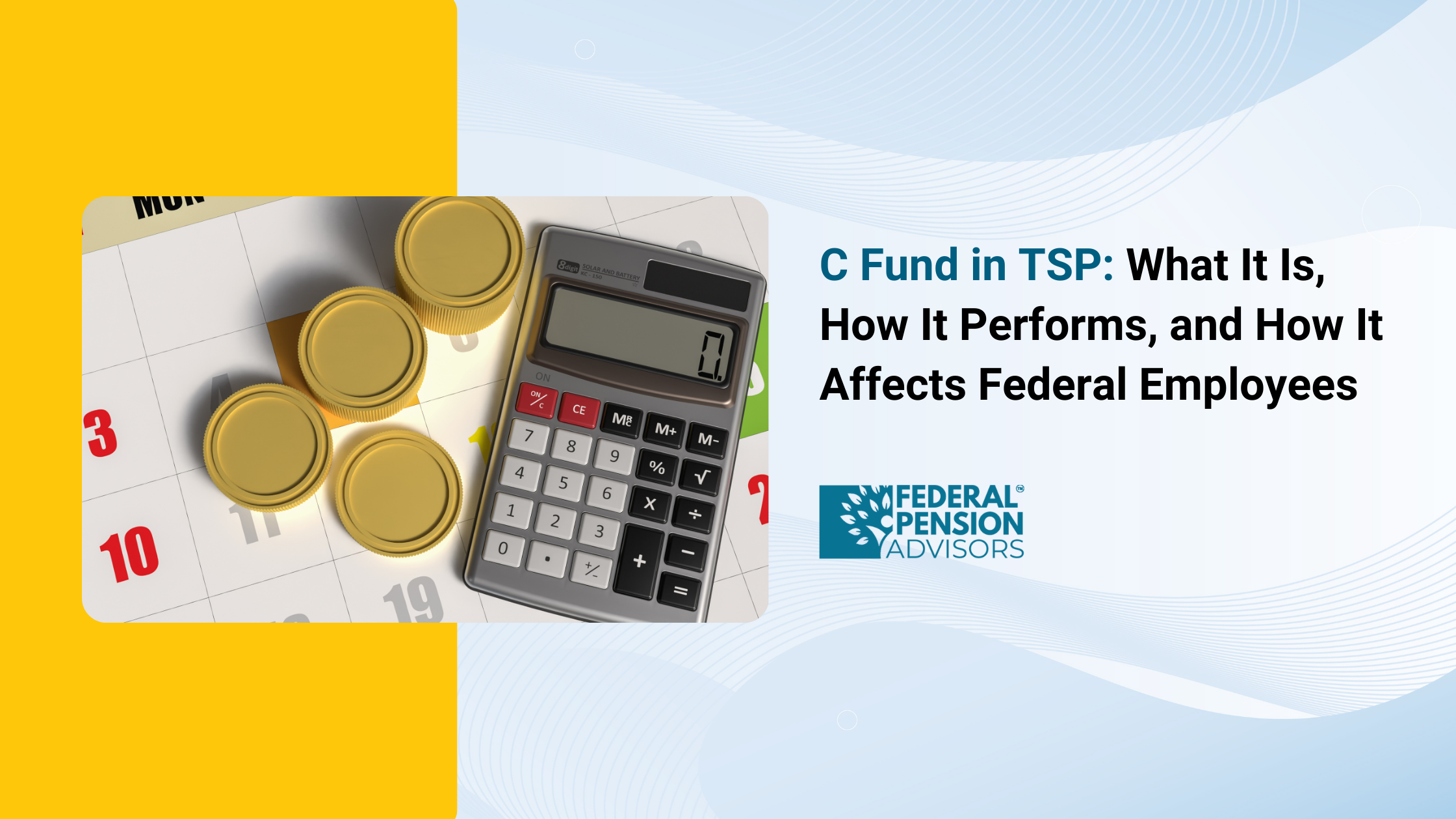You’re not alone; 4,359 federal employees booked their free review.

How Long Does a Foia Request Take?
If you're a federal employee—or simply someone trying to access important government documents—you may have already run into the bureaucratic maze that is the Freedom of Information Act (FOIA) request process. Whether you're requesting personnel records for retirement planning, service files for benefits claims, or general agency documents, one pressing question always arises: How long will this take?
The answer isn’t always simple, but understanding the key timelines, agency procedures, and variables involved can save you both frustration and delays. FOIA is a vital tool for transparency, but it’s also burdened with growing demand, varying complexity, and agency backlogs.
Let’s dive deep into how FOIA requests are processed, how long each type typically takes, and what factors can affect your wait time.
What Is the FOIA Timeframe Requirement?
Under the Freedom of Information Act, federal agencies are required to respond to FOIA requests within 20 working days (excluding weekends and federal holidays) from the day the request is received by the correct office.
However, this statutory 20-day clock doesn’t guarantee that you’ll receive your documents within that window. It merely means the agency must respond—which may include approval, denial, or a notice of delay.
Potential Extensions: The Unusual Circumstances
FOIA allows agencies to extend this 20-day deadline by up to 10 additional business days under what are called “unusual circumstances.” These include:
- The need to gather records from multiple field offices.
- Requests involving voluminous records that require significant time to search, compile, or review.
- Consultation with other agencies due to overlapping jurisdiction or document sensitivity.
If your request falls into any of these categories, expect a longer wait.
Multi-Track FOIA Processing Explained
Most federal agencies now use a multi-track system to manage incoming FOIA requests based on complexity:
- Simple Requests (1–5 working days): Minimal searching or review; often involve one document or known record.
- Normal Requests (6–20 working days): Standard document searches, such as employment verification or single-record personnel files.
- Complex Requests (21–60+ working days): Involving large volumes, third-party consultations, or sensitive data.
- Exceptional or Voluminous Requests (60+ working days): The most complex cases, often requiring staged or interim responses.
At the U.S. Department of Homeland Security, for example, complex cases can stretch past 60 days, especially when national security or third-party information is involved.
Expedited Processing: Can You Skip the Line?
In rare, urgent circumstances, you may request expedited processing. Federal agencies must respond to these requests within 10 calendar days, determining whether to grant the expedited status.
Expedited processing may be approved if:
- There’s an imminent threat to someone's life or physical safety.
- The requester is primarily a disseminator of information (e.g., journalist) with urgency to inform the public.
Even if approved, “as soon as practicable” doesn’t mean immediate—it simply moves your request to the front of the queue.
FOIA in 2025: Delays, Backlogs, and Modern Realities
Record-High FOIA Volumes
According to the Department of Justice’s FY 2024 FOIA Annual Report, federal agencies received over 1.5 million FOIA requests—a 25% increase from the previous fiscal year. Despite improved processing rates, the volume continues to outpace available resources.
Lingering Backlogs
Backlogs remain a major issue. Many agencies report delays extending several months to over a year, especially for complex or voluminous requests. Some requesters have even waited 18+ months for resolution.
Strategies to Improve Processing:
Agencies are implementing a range of strategies to address this:
- Specialized FOIA units and staffing increases.
- Tech upgrades to streamline searches and document redaction.
- Negotiating with requesters to narrow overly broad requests.
- Online FOIA portals allowing digital submissions and real-time tracking.
Agency-Specific Timelines
Processing time can vary significantly between agencies:
- U.S. Department of Labor (DOL): Provides clear online guidance and encourages narrowing request scope to improve processing speed.
- U.S. Geological Survey (USGS): Suggests normal requests take 20 days, but large or complex requests take considerably longer.
- U.S. Citizenship and Immigration Services (USCIS): Offers an online portal for faster electronic processing
- DHS: Explicitly categorizes requests by complexity to help manage expectations.
Best Practices to Speed Up Your FOIA Request
Here’s how you can help ensure your request doesn’t get caught in the delay cycle:
- Be Specific: Clearly describe the records you want. Include document names, dates, or subjects.
- Avoid “Any and All”: Broad terms can lead to longer searches and more scrutiny.
- Use Online Portals: Many agencies process digital requests faster than paper submissions.
- Track Your Request: Keep your reference number and follow up as needed.
- Consider Negotiation: Agencies may contact you to narrow the scope—cooperate when possible to speed things up.

FOIA Requests for Federal Retirement
If you're a federal employee, submitting a FOIA request may be necessary to access important records such as your personnel files, SF-50s, retirement service records, or benefit documentation. These documents are essential for retirement planning, especially under FERS or CSRS.
Understanding how long the FOIA process may take—and how to reduce delays—can make a significant difference in ensuring you have the necessary information to prepare for retirement without unnecessary setbacks.
Final Thought:
FOIA requests are a crucial tool for federal employees seeking necessary documents for retirement planning. While the process may take time, understanding the typical timelines and potential delays can help you better prepare and avoid setbacks. Being proactive and specific in your requests can help expedite the process, ensuring you have the right documents when you need them most.
FAQs
What is the average time for FOIA?
The average FOIA processing time varies depending on the complexity and volume, but agencies generally have 20 working days to respond to initial requests.
What is the 20 day rule for FOIA?
The "20-day rule" in FOIA refers to the statutory requirement for federal agencies to provide an initial response to a request within 20 working days.
How much do FOIA requests cost?
There is typically no initial fee to submit a FOIA request, but fees for search, review, and duplication may be charged based on the requester's category and the scope of the request.
Can a FOIA request be denied?
Yes, a FOIA request can be denied if the requested information falls under specific exemptions outlined in the FOIA law, such as those protecting national security or personal privacy.
Related Tags:
when will the government hiring freeze end


Get Updated
Subscribe to our weekly updates for the latest on retirement planning, federal benefits, exclusive webinars, and more!
Download Federal Retirement: Step-by-step Checklist
This comprehensive guide will help you understand your federal benefits, optimize your savings, and plan for a comfortable future.



.png)








